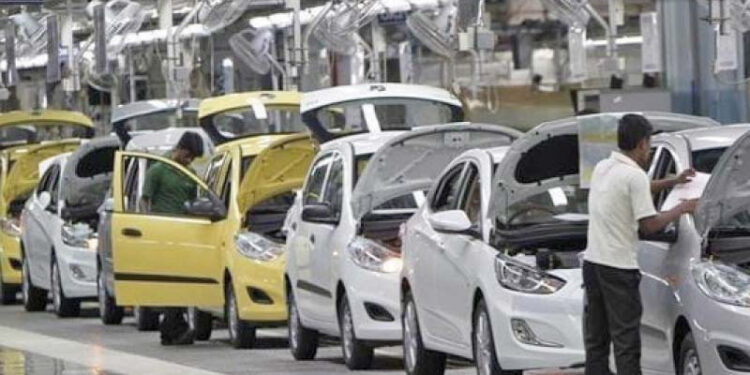In a notable economic development, Tanzanians have significantly reduced their spending on the importation of motor vehicles, experiencing a nearly one-fifth decline. Fresh data reveals that the value of vehicle imports over the first 10 months through October amounted to $680 million (approximately Sh102 billion), down from $825 million (Sh123.75 billion) during a similar period in the previous year.
This represents a substantial drop of 17.58 percent, amounting to $145 million (Sh21.75 billion).
The decline in vehicle imports is attributed to several key factors contributing to a broader economic shift in Tanzania’s automotive landscape. Here are the key elements influencing this downturn:
Increased Taxation
The automotive sector faced heightened taxation, impacting the overall cost of importing vehicles. The government’s move to raise duty on car imports from 25 percent to 35 percent in July contributed to the higher overall consumer costs.
Shortages of Second-Hand Units
A shortage of second-hand vehicles in international markets, particularly noted at the beginning of the year, has significantly reduced vehicle imports. This scarcity in the availability of used cars impacted consumer choices and preferences.
Weakening Shilling
The cost of importing vehicles increased due to a weakening Tanzanian shilling against major international currencies. Coupled with rising borrowing costs, this contributed to the overall affordability challenges for imported cars.
Impact on Government Revenue
Vehicle imports are a major source of taxes for the Tanzanian government. The decline in vehicle imports signals a potential revenue shortfall, raising concerns about the economic impact on the country’s finances.
Reduced Orders for New Units
In tandem with the decline in vehicle imports, local assemblers and dealers reported a 14.05 percent drop in orders for new units. This suggests a broader trend of changing consumer behavior and preferences in the automotive market.
Government Measures and Economic Implications:
The Tanzanian government’s decision to increase excise duty on vehicle imports and other economic factors has led to higher consumer costs. The reduced spending on vehicle imports is a significant economic indicator with potential implications for government revenue and the overall automotive industry.
Outlook for the Automotive Industry
As noted by the Tanzania Auto Bazaar Association, consumer preferences are shifting in response to higher prices. Individuals are adjusting their vehicle choices, opting for more budget-friendly alternatives. The decline in vehicle imports and orders for new units indicates the industry needs to adapt to changing economic dynamics.
In conclusion, the decline in vehicle imports in Tanzania reflects a multifaceted interplay of economic factors, government policies, and consumer choices. The repercussions on government revenue and the automotive industry underscore the need for strategic interventions and a comprehensive understanding of the evolving economic dynamics.
Original Article: https://www.businessdailyafrica.com/bd/economy/kenyans-cut-vehicle-imports-by-sh22bn-on-taxes–4463714




